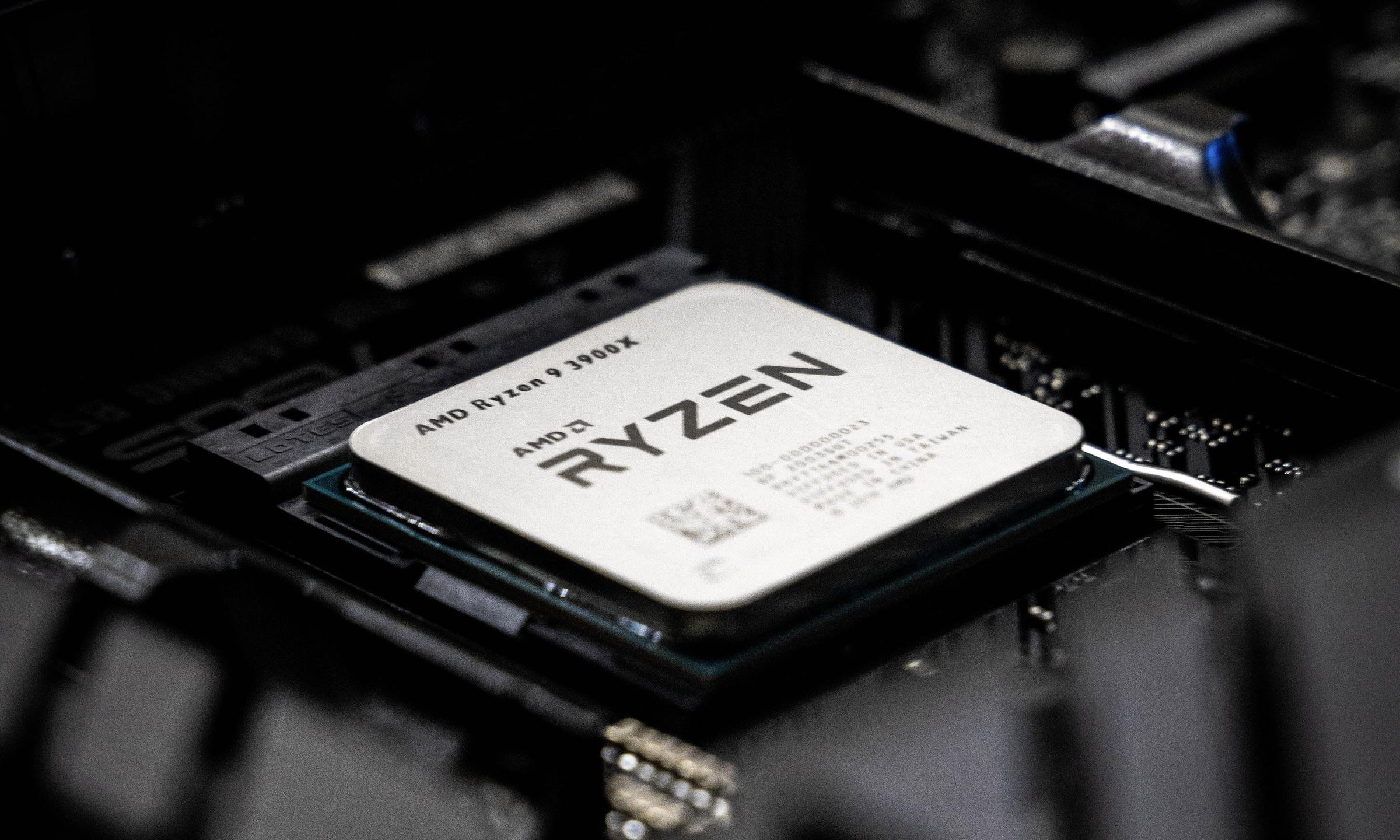Amid a 6% stock decline, Advanced Micro Devices (AMD) champions robust customer interest in its AI-targeted MI300 chip, signaling a potential shakeup in the high-stakes AI semiconductor market, despite certain China-related export challenges.
In extended trading on Tuesday, AMD's stock surged by 4% following the company's announcement of strong customer interest in the upcoming MI300 AI chip, set to launch in the fourth quarter. AMD had announced exciting plans for the fourth quarter as it aims to finish strong with the release of its flagship MI300 AI chips. These chips are set to rival Nvidia's offerings in the rapidly evolving artificial intelligence (AI) semiconductor market. CEO Lisa Su has emphasized the increased production of the MI300 chips and the significant customer interest they have garnered.
AMD has boosted its partnerships with top-tier AI firms, leading cloud providers, and huge firms. The anticipation of releasing the MI300 chips later this year has sparked high investor optimism. These chips are seen as potential rivals to Nvidia in the thriving market for advanced AI chips.
However, there is a significant caveat. The performance of MI300 chips exceeds the limits allowed for sale in China under export controls. Unlike Nvidia and Intel, AMD has yet to develop specialized chips tailored for the lucrative Chinese market.
Despite this obstacle, AMD is actively working on modifying the MI300 and older MI250 chips to comply with U.S. export controls while still meeting the Chinese demand for AI solutions.
While AMD has not provided a detailed full-year forecast, the company expects to surpass the $6.04 billion revenue generated in 2022 from its data center business sales, including the MI300 chips.
According to Jenny Hardy, a GP Bullhound portfolio manager who holds stocks in both Nvidia and AMD, Nvidia's supply constraints open up opportunities for AMD's chips. Hardy emphasizes that if AMD can effectively increase production and successfully launch the MI300 chips in the fourth quarter, there will likely be substantial demand due to the scarcity of Nvidia chips.
To assure stakeholders, AMD emphasizes that it has ample components for the MI300 chips to support an "aggressive" launch in the fourth quarter and sufficient supply for 2024. Furthermore, analysts predict a rise in data center spending by major cloud players like Microsoft and Google, focusing on AI chips and infrastructure in the latter half of the year.
Additionally, AMD's finance chief Jean Hu expects the company's data center and client segment revenues to witness double-digit sequential growth in the third quarter. This growth is driven by increased demand for their EPYC and Ryzen processors.
With these developments, AMD is poised to significantly impact the AI semiconductor market, challenging Nvidia's dominance and capturing the interest of investors and industry players alike.
Photo: Tomáš Malík/Unsplash



 Trump Warns Iran as Gulf Conflict Disrupts Oil Markets and Global Trade
Trump Warns Iran as Gulf Conflict Disrupts Oil Markets and Global Trade  Australian Job Advertisements Hit 16-Month High as Labour Market Stays Resilient
Australian Job Advertisements Hit 16-Month High as Labour Market Stays Resilient  Federal Judge Blocks Virginia Social Media Age Verification Law Over First Amendment Concerns
Federal Judge Blocks Virginia Social Media Age Verification Law Over First Amendment Concerns  Flare, Xaman Roll Out One-Click DeFi Vault for XRP Yield via XRPL Wallets
Flare, Xaman Roll Out One-Click DeFi Vault for XRP Yield via XRPL Wallets  Asian Stocks Tumble as US-Iran Conflict Escalates and Oil Prices Surge
Asian Stocks Tumble as US-Iran Conflict Escalates and Oil Prices Surge  Nintendo Share Sale: MUFG and Bank of Kyoto to Sell Stakes in Strategic Unwinding
Nintendo Share Sale: MUFG and Bank of Kyoto to Sell Stakes in Strategic Unwinding  The Pentagon strongarmed AI firms before Iran strikes – in dark news for the future of ‘ethical AI’
The Pentagon strongarmed AI firms before Iran strikes – in dark news for the future of ‘ethical AI’  Panama Investigates CK Hutchison’s Port Unit After Court Voids Canal Contracts
Panama Investigates CK Hutchison’s Port Unit After Court Voids Canal Contracts  Greg Abel’s First Berkshire Hathaway Shareholder Letter Signals Continuity, Caution, and Capital Discipline
Greg Abel’s First Berkshire Hathaway Shareholder Letter Signals Continuity, Caution, and Capital Discipline  OpenAI Secures $110 Billion Funding Round at $840 Billion Valuation Ahead of IPO
OpenAI Secures $110 Billion Funding Round at $840 Billion Valuation Ahead of IPO  Gold Prices Surge Over 2% After U.S.-Israel Strikes on Iran Spark Safe-Haven Demand
Gold Prices Surge Over 2% After U.S.-Israel Strikes on Iran Spark Safe-Haven Demand  Nvidia Earnings Preview: AI Chip Demand, Data Center Growth and Blackwell Shipments in Focus
Nvidia Earnings Preview: AI Chip Demand, Data Center Growth and Blackwell Shipments in Focus  The strikes on Iran show why quitting oil is more important than ever
The strikes on Iran show why quitting oil is more important than ever  Qantas Shares Plunge 10% as Iran Strikes Send Oil Prices Soaring and Disrupt Global Flights
Qantas Shares Plunge 10% as Iran Strikes Send Oil Prices Soaring and Disrupt Global Flights  Global Markets React as Dollar Surges, Swiss Franc Rallies After U.S.-Israel Strike on Iran
Global Markets React as Dollar Surges, Swiss Franc Rallies After U.S.-Israel Strike on Iran  Malta will gain from smart heritage
Malta will gain from smart heritage 































